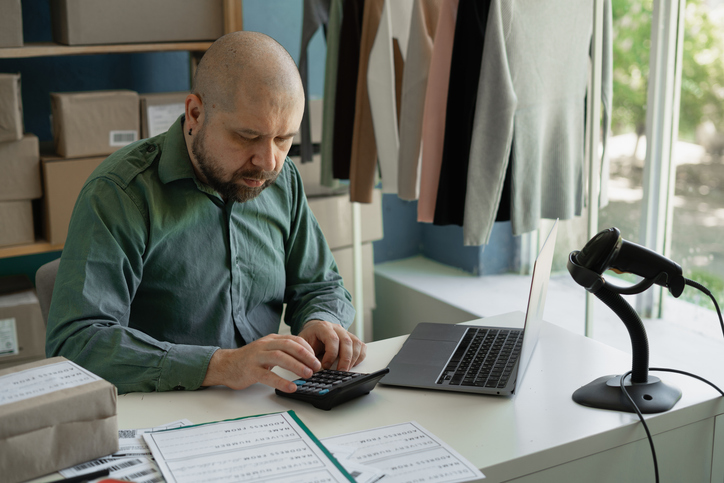Some 55 per cent of early-stage companies identify sharing resources with other businesses as ‘essential’ to business survival, finds a survey by Zipcar in partnership with StartUp Britain and Ashridge Business School.
The research surveyed more than 1,000 UK start-ups to discover how they are taking on traditional businesses by building smarter, more agile business models.
Ownership of business assets and permanent employment of human resources is now a thing of the past for many businesses, according to the study.
While 48 per cent of start-ups currently share one or more physical assets, such as vehicles and offices, with other businesses, 31 per cent are now also sharing elements of their workforce choosing to access certain job functions ‘on demand’.
The types of resources being shared are broad. The top three shared infrastructure costs include technology (22 per cent); office space (22 per cent) and vehicles (15 per cent).
The top three shared human costs include accounting (35 per cent); administrative (21 per cent); and human resources (15 per cent).
The move towards the sharing of costs is viewed as a long-term measure, rather than a reaction to the recession, according to 65 per cent of survey respondents.
In fact, half (50 per cent) of business owners surveyed say that cost sharing with other businesses was part of their original business plan.
According to the report, the growth in sharing is fuelled by a raft of innovative new businesses that utilise internet and mobile technologies to enable companies to access services in more convenient and cost-effective ways.
Zipcar UK general manager Mark Walker says, ‘One of the strongest recommendations that came out of our research was for businesses to reconsider the role that ownership plays and move towards a more sharing approach.
‘Whether you are hiring a car by the hour or a desk space by the day, sharing with other companies enables start-ups to access resources they might not otherwise afford, as well as providing greater flexibility, reducing overheads and improving the bottom line.’





